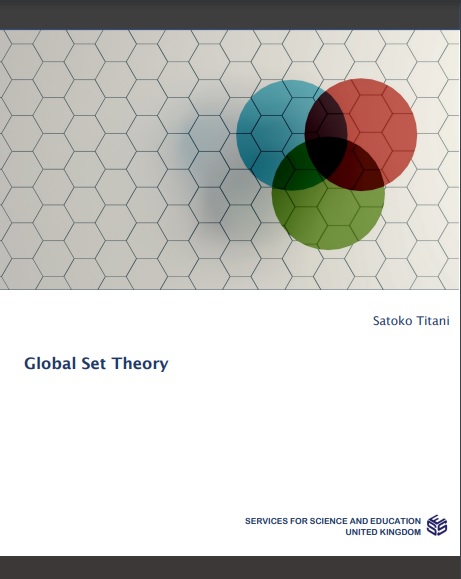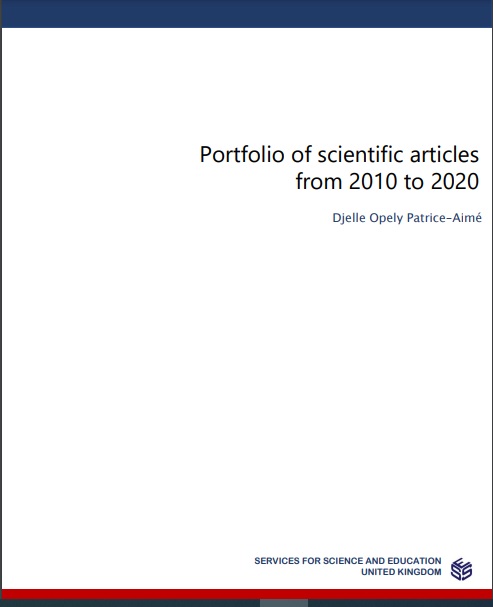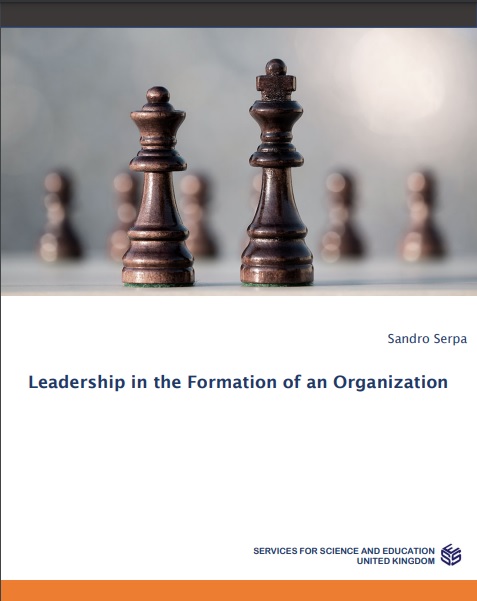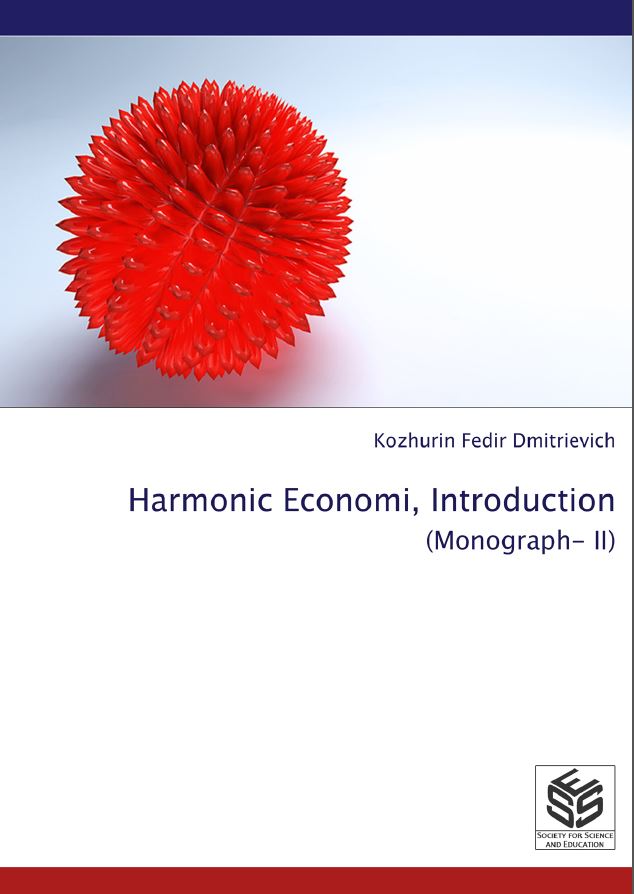Global Set Theory
Our reasoning is based on 2-valued logic. That is, we are convinced that a statement is either true or false. 2-valued logic is said to be the logic of the Absolute. The true (1) and the false (0) are expressions of the degree of truth, and called truth values. Truth values 1 and 0 form a complete Boolean lattice 2 with operations ∨, ∧, ¬ : 2 = ⟨ {1, 0} : ∧(and), ∨ : (or), ¬(not) ⟩ The logic represented by Boolean lattice is called a classical logic. Thus, we accept the law of excluded middle and distributive law as logical axioms. Classical set theory is developed by the classical logic with axioms which characterize ‘sets’. The whole sets forms the universe of set theory. A model V of the universe of classical set theory is constructed inductively from empty set ∅ by adding power sets of existing sets repeatedly : Vα = {u | ∃β ∈α(u:Vβ →2)}, V = ∪ α∈On Vα , where subset of Vβ is represented by 2-valued characteristic function, i.e. u ⊂ Vβ def ⇐⇒ u:Vβ →2. Mathematics, which is a language of science, is developed in the classical set theory.





